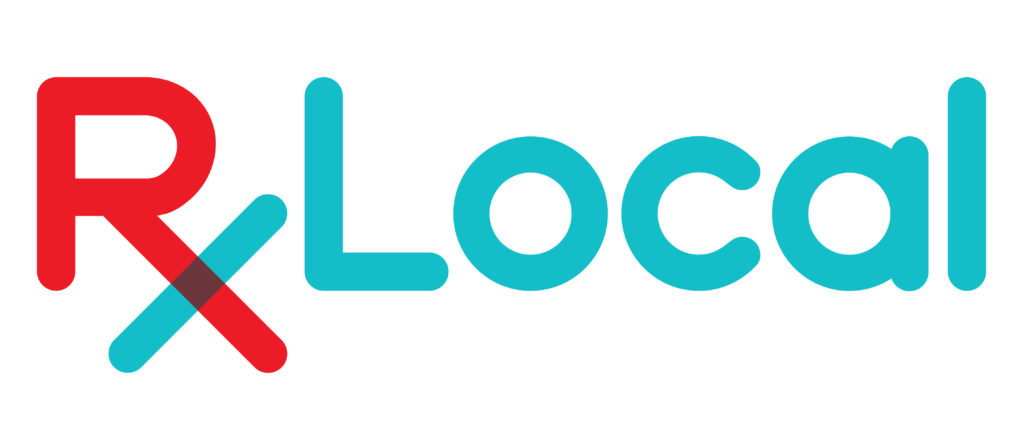Getting Pregnant With IVF
Assisted reproductive technology (ART) is a blanket term for fertility treatments like in vitro fertilization (IVF) and intrauterine insemination (IUI) that help people get pregnant. Typically, IVF occurs in 3 major steps. In the first step, healthy eggs are harvested from a woman’s uterus. Then the eggs are combined with sperm in a lab to create an embryo. Finally, the embryo is implanted in the uterus. IVF often involves multiple medications to optimize the chance of success. Are other fertility treatments available for patients who want a more natural approach to pregnancy?

Medications used in IVF
Doctors prescribe a variety of medications to IVF patients based on the underlying infertility diagnosis. Oral contraceptives can be prescribed to regulate the menstrual cycle. Gonadotropins may be administered via injection to help the body produce follicle-stimulating hormone (FSH) and luteinizing hormone (LH), essential to conception. Progesterone and estrogen medications help the uterus create a lining for the embryo. Human chorionic gonadotropin (HCG) helps the eggs mature faster. The ultimate goal of medication use during IVF is to increase the chances of a successful pregnancy in the least amount of cycles possible.
Pursuing treatment
Before undergoing IVF, doctors perform a series of tests, including ovarian reserve testing, infectious disease screenings, and uterine exams, to learn valuable information about the patient’s egg reserves and overall reproductive health. These examinations help doctors determine the right IVF treatments for the patient.
The natural approach to fertility
For patients wanting a more natural approach to IVF, a non-medicated cycle may be an option. During natural IVF, the ovaries are not stimulated with medication. This means each cycle only produces 1 egg at a time. Patients are monitored with ultrasounds and blood work to make sure the egg can be retrieved for fertilization before being naturally released by the body. Sometimes, a minimal stimulation IVF approach might be preferred. In this case, low-dose hormones stimulate the growth of a few more eggs during the cycle. An HCG injection is then used to trigger ovulation, allowing the doctor to retrieve the eggs for fertilization.
Natural vs traditional IVF
Some doctors frown upon natural IVF because the outcomes are not as successful as the traditional approach, and multiple rounds may be necessary to achieve a pregnancy. However, natural IVF lessens a patient’s chances of developing ovarian hyperstimulation syndrome (OHSS), a condition resulting from fertility medications. Additionally, natural IVF is not as expensive as traditional IVF, making the option more appealing to many. Natural IVF also means fewer visits to the fertility clinic for monitoring.
Getting pregnant on your terms
Patients interested in pursuing a natural cycle should speak to a fertility specialist to understand all the pros and cons of this approach. Although less medication may mean pregnancy takes longer to achieve, the benefits of lower cost, less hormones, and fewer visits are appealing to many women. Regardless of whether natural or traditional IVF is selected, a baby is possible with fertility treatment.







